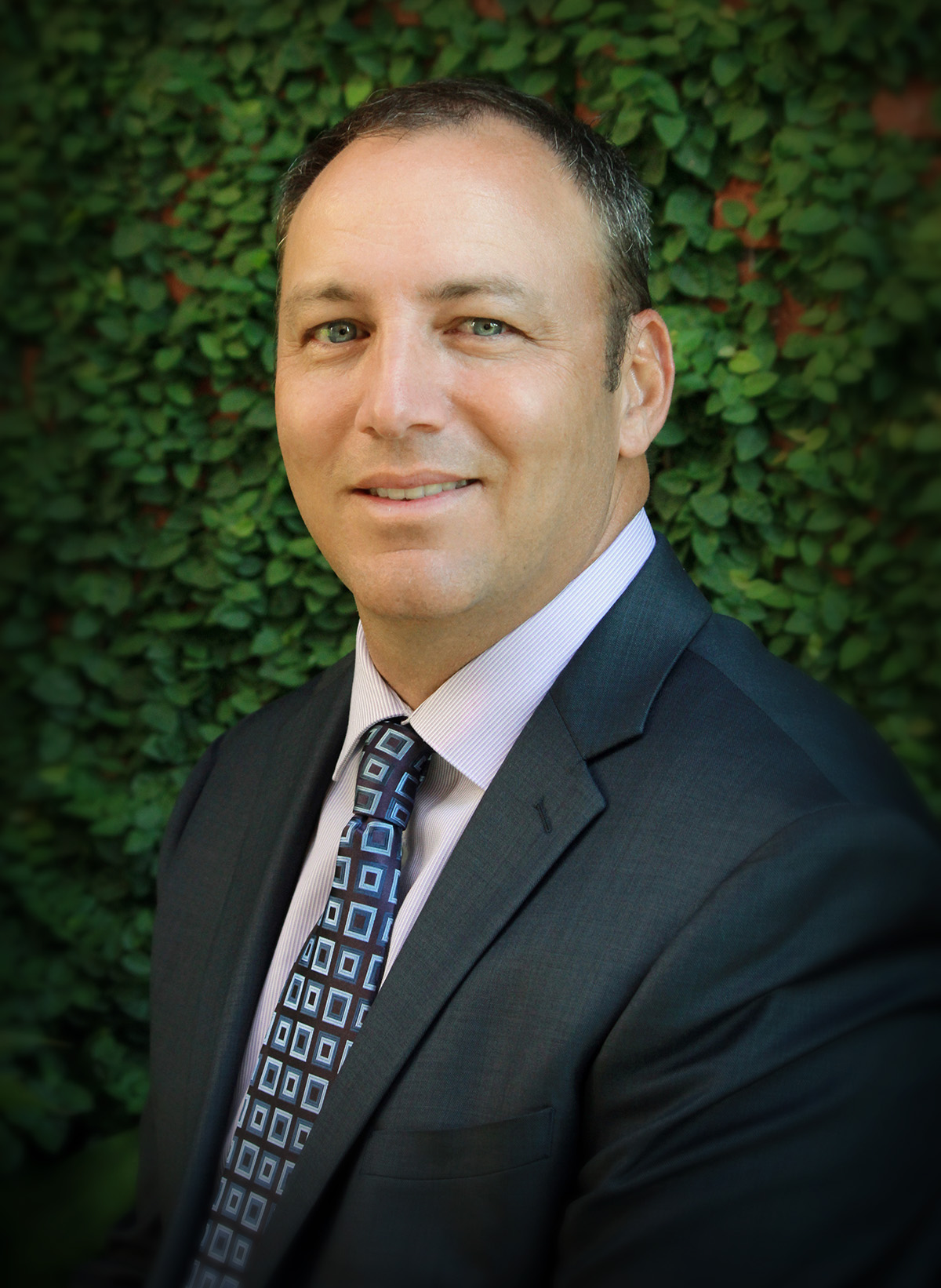Change username form. Insert an info and press enter to submit, or press escape to close.
Create a new account form. Press escape to close.
Validate mail form. Press escape to close.
Lost password form. Insert an info and press enter to submit, or press escape to close.
Confirm address message dialog. Press escape to close.
IMA’s “My CMA” series spotlights valued members of the CMA® (Certified Management Accountant) community. Learn about their journey with the certification—and get tips on advancing your own. This issue’s featured CMA is:
 |
Name: | Thomas Pace, CMA |
| Company: | Thomas & Hutton Engineering | |
| Title: | CFO | |
| Location: | Savannah, Ga. |
- How did you first come across the CMA and what made you decide to go for it?
I've always worked in private industry. I knew of the CMA through my membership with IMA, and at 48, I decided to earn this certification after 27 years of experience and an MBA. For me, management accounting is a broad view of the financial landscape. As a CFO, you can be a true partner who helps a company achieve its strategic goals. I didn't want to be pigeonholed into an "accounting" role. I wanted a real broad approach to being the finance guy at a company—someone with a forward-looking approach.
- In what ways has CMA made an impact on your career or professional journey?
The CMA is a separator, a stamp of approval from the industry. It lets people know you're well-rounded within the accounting and finance field. Studying for the exam really made me think. It reinvigorated me. I was out of the loop [of test-taking] for 20+ years. The CMA reintroduced me to things; it was like putting on a pair of new glasses.
I actually copied a page out of my Gleim [exam preparation] book to talk my IT group out of making a lease capitalization. We ended up with a lower total cost. They had to abide by the rules. That's why you have a CMA as a CFO—keeps you out of trouble.
- What is your proudest career moment or milestone as a CMA?
I remember finishing the four-hour test (Part 2) with 13 seconds to spare. Afterwards I went to my car, put the seat back, and just closed my eyes. You feel like you've really earned it. I'm not taking anything away from my undergrad or MBA degrees, but the CMA pushes you at a level that's more than the other two. It condenses so much data and adds a level of pressure. It's the real deal.
When I found out I passed, everybody in the office heard me yelling. That was a big moment. I took a deep breath; I did it. Done.
- What’s the best piece of advice you would give to CMA hopefuls?
You need a study program; I chose Gleim. You get test simulations and can see the average time you're taking on questions. I started studying during the holidays. My Gleim counselor recommended a 12-week study period, but I said, "You're talking to a 48-year-old man." I started smaller with shorter study periods before I worked my way to full speed, a total of 16 weeks. After I passed the first part on the first try, I signed up for the second part three days later. Once I primed the pump, I just kept going. I recommend not delaying between the two exam parts.
- For those taking the exam, what study tip(s) can you share?
I had 6 inches of index cards, color-coded by topic, and I carried them everywhere. When I went to lunch, I would grab a section, eat my lunch, and quiz myself. I'd take them to bed and review them as I fell asleep. Practice exams/test questions were a huge help simulating the exam. I spent 10-15 hours a week studying. Any free time, my head was in that mode.
- If you could have one superpower in the world, what would it be?
To be able to fly like a bird and look at the earth from a different perspective. To have a broad view...much like a CFO's!
Share YOUR Story
We’d love to hear your CMA story! Please contact Pearl Chen, manager of brand content and storytelling, at pchen@imanet.org or (201) 474-1578.
